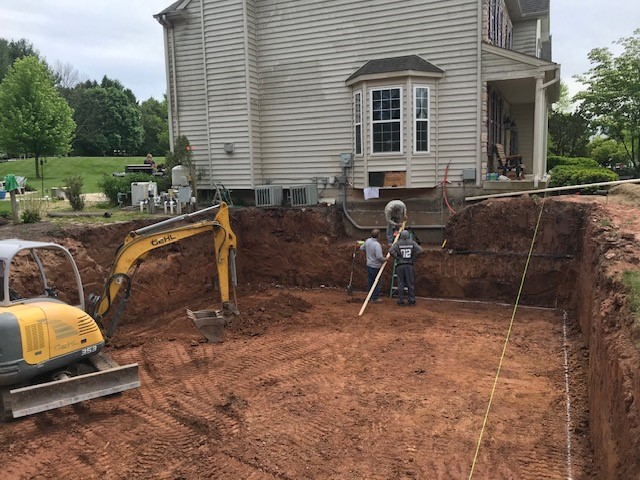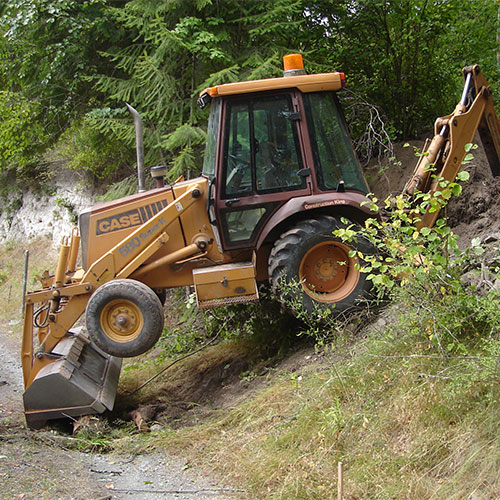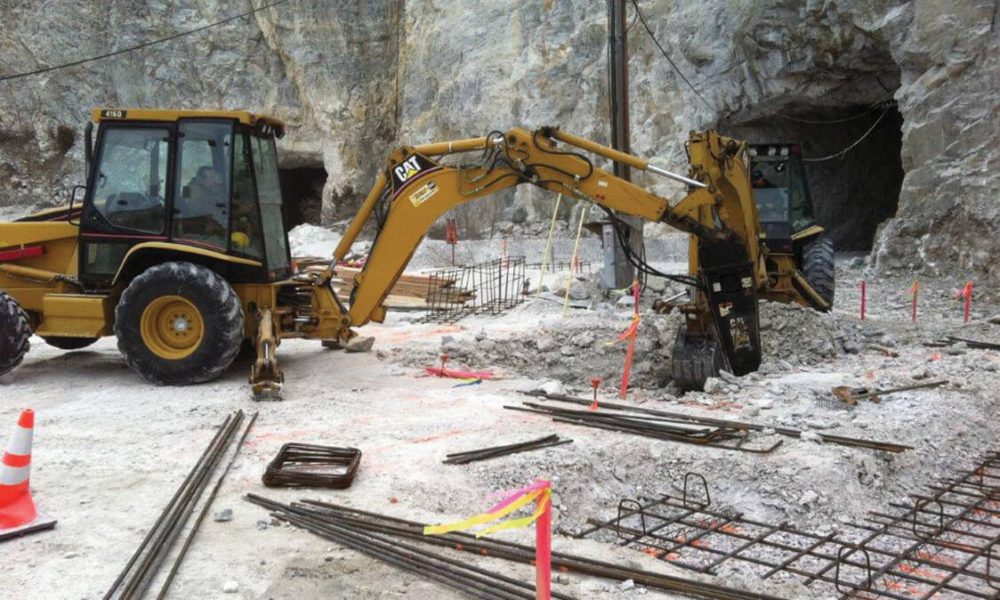Septic Ohio - Comprehensive Septic Tank Providers in Ohio
Septic Ohio - Comprehensive Septic Tank Providers in Ohio
Blog Article
Comprehensive Excavation Approaches: Understanding the Basics for Success
The mindful planning, specific implementation, and precise attention to information required in excavation jobs demand a thorough strategy that encompasses numerous essential elements. The true proficiency lies not simply in understanding these principles but in seamlessly integrating them to navigate the complexities of excavation tasks with skill.
Understanding Excavation Task Planning

Effective excavation projects are improved the foundation of comprehensive and thorough planning. The preliminary stage of any excavation job is the planning phase, where critical decisions are made that can significantly influence the end result of the project. Throughout this stage, it is important to collect all appropriate info regarding the site, including topographical studies, dirt structure, and any prospective risks that might exist. Recognizing the job extent, timeline, and budget constraints is critical for creating a detailed excavation strategy that makes sure the task's success.
One key aspect of excavation job planning is the development of a detailed timeline that lays out the series of due dates, landmarks, and tasks. This timeline works as a roadmap for the job group, permitting them to track development and make necessary modifications to guarantee the task stays on schedule. Additionally, a well-defined budget plan that makes up all costs, including tools leasing, labor costs, and materials, is essential for staying clear of cost overruns and hold-ups. By carefully taking into consideration all these variables throughout the drawing board, excavation jobs can be performed efficiently and effectively, bring about effective end results.
Dirt Analysis and Site Evaluation
Performing complete dirt evaluation and site evaluation is a vital action in the prep work phase of any type of excavation task. Soil analysis involves determining the composition, framework, and homes of the dirt at the excavation website. This information is important for recognizing the dirt's bearing capability, dampness content, and capacity for erosion, which are key aspects in identifying the excavation approaches and tools required for the task.
Website assessment exceeds dirt evaluation and includes a wider analysis of the total website problems. This examination includes determining any prospective hazards, such as underground energies, environmental issues, or unpredictable terrain, that could influence the excavation procedure. By completely assessing the site, job managers can develop effective excavation strategies that prioritize safety, performance, and ecological security.
Utilizing advanced modern technologies like ground-penetrating radar, dirt tasting, and drone studies can enhance the precision and efficiency of soil analysis and site assessment. Spending time and resources in these initial steps can ultimately save time and protect against expensive delays or issues during the excavation procedure.
Equipment Choice and Utilization
Effective excavation tasks count greatly on calculated tools choice and usage to guarantee optimum efficiency and productivity. Picking the ideal tools for the job is important in taking full advantage of performance and lessening downtime. Elements such as the type of soil, depth of excavation, and job scope play a significant duty in figuring out the most ideal equipment for the job at hand.

In addition to choosing the proper devices, correct use is key to job success. Operators must be educated to manage the equipment securely and effectively - lancaster trenching. Normal upkeep checks and timely repairs assist stop break downs and make sure consistent performance throughout the project
Precaution and Laws Conformity
In the realm of excavation projects, prioritizing precaution and compliance with laws is paramount to making sure a safe and secure and lawfully audio functional environment. Precaution incorporate a variety of practices, including performing detailed website evaluations, implementing correct signage and obstacles, and offering ample safety training for all personnel associated with the excavation process. Adherence to policies, such as OSHA requirements in the United States, ensures that the excavation task meets the necessary standards to shield workers, bystanders, and the surrounding atmosphere.

Monitoring Development and Adjusting Methods
Exactly how can predict supervisors properly track the innovation of excavation tasks and adapt their methods appropriately to maximize outcomes? Surveillance progress is important for making certain that excavation projects remain on track and satisfy due dates.

Final Thought
To conclude, grasping the principles of detailed excavation techniques is essential for the success of any kind of task. By recognizing task preparation, examining dirt and website problems, choosing proper devices, abiding by security regulations, and monitoring progress, task managers can make certain a smooth and effective excavation process. Executing these approaches will cause effective end results and lessen prospective dangers or setbacks throughout the excavation project.
The first stage of any kind of excavation job is the preparation stage, where crucial choices are made that can dramatically impact the outcome of the job. Understanding the project timeline, spending plan, and extent constraints is essential for producing a detailed excavation plan look what i found that makes sure the task's success.
How can project supervisors effectively track the improvement of excavation projects and adapt their methods as necessary to maximize results? By closely checking development and being ready to adjust strategies, project managers can improve the general success of excavation tasks.
By comprehending job planning, assessing dirt and site problems, selecting appropriate devices, abiding with security laws, and monitoring progression, job supervisors can ensure a smooth and reliable excavation procedure.
Report this page